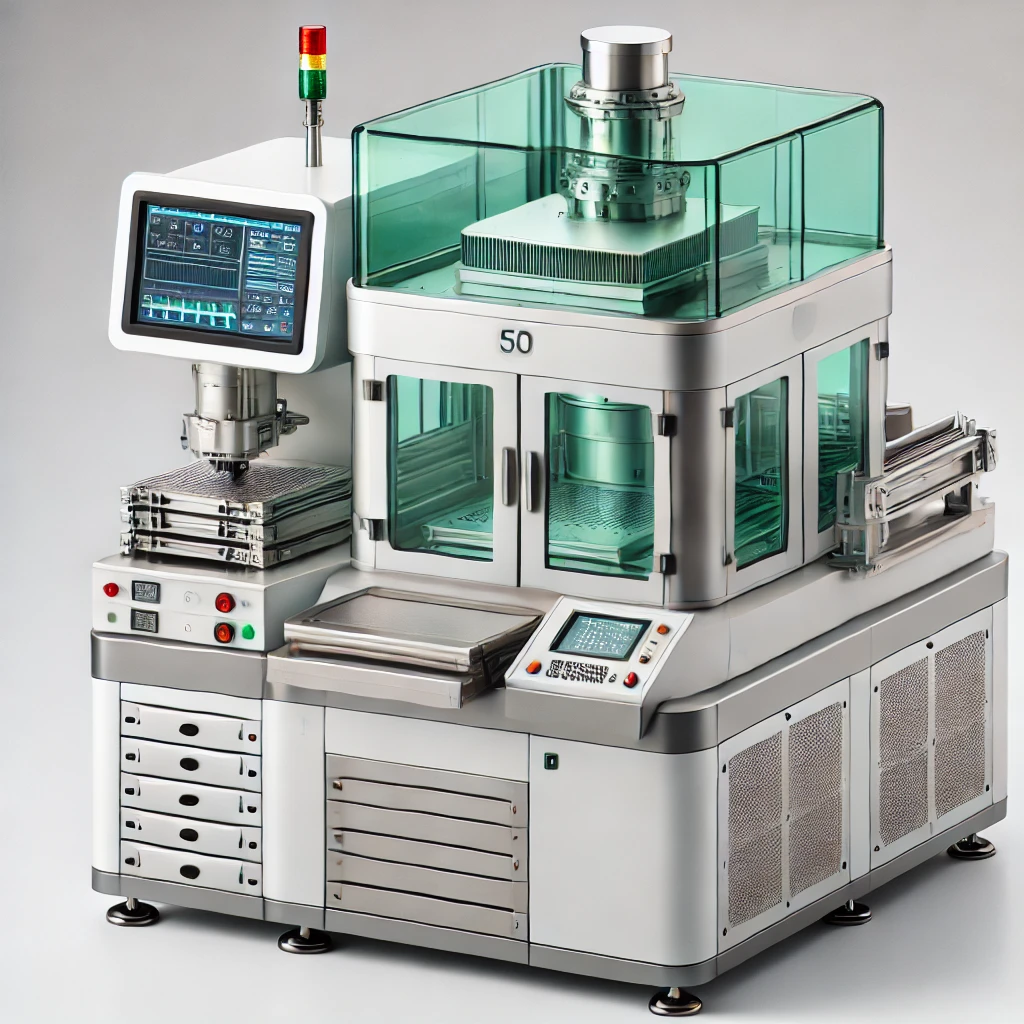
Fluxless TCB vs TCB
As interconnection pitches shrink below 10µm for advanced logic and memory applications, fluxless TCB solves the issues that standard TCB encounters with the flux.
The kernel is the brain of a computer´s operating system. Hence, the Linux kernel is the brain of the Linux operating system. The kernel acts as a middleman between the computer’s hardware (processor, memory, input/output devices etc.) and the software (apps, programs etc.) to perform tasks, run programs and make sure everything works smoothly. Think of it as the ditector of an orchestra, coordinating all the different instruments to create a symphony.
The Linux kernel is open-source, which means its source code is freely available. Its open nature leads to a large community of developers constantly sharing knowledge freely. Linux supports a wide range of hardware: from personal computers to servers, smartphones or embedded devices. The Linux kernel follows a monolithic architecture, meaning it is a single, long code that handles all the tasks. This type of setup requires careful management and maintenance.
Android´s operating system for smartphones or Amazon Web Services datacenters are built on Linux kernel.
One of the primary applications of the Linux Kernel is in server environments. Linux has gained immense popularity as a server operating system due to its stability, security, and scalability. The Linux Kernel powers countless web servers, database servers, cloud computing platforms, and other critical infrastructure deployments. Many major companies rely on Linux based servers to handle their online services and applications, making the Linux Kernel indispensable in supporting the infrastructure of industries such as e commerce, social media, finance, and healthcare.
Linux’s versatility also extends to the mobile industry. The Linux Kernel serves as the foundation for various mobile operating systems, such as Android. Android, being a widely adopted mobile platform, powers millions of smartphones, tablets, smart devices, and IoT (Internet of Things) devices. This makes the Linux Kernel an essential component in the telecommunications, mobile app development, and consumer electronics industries.
Moreover, it can be found in desktop and laptop computers running Linux distributions. The kernel provides a robust and customizable environment for desktop computing, making it a popular choice for developers, enthusiasts, and organizations seeking an alternative to proprietary operating systems. The Linux Kernel’s compatibility with a wide range of hardware configurations and its support for numerous software applications make it a go to option for industries such as software development, scientific research, education, and media production.
Another noteworthy application of the Linux Kernel is in embedded systems. Embedded Linux has become a prominent choice for developing software solutions for devices like routers, smart TVs, set top boxes, automotive systems, industrial automation, and Iot devices. The Linux Kernel’s small footprint, real time capabilities, and extensive driver support make it well suited for these industries.
The Linux Kernel’s open source nature and active community contribute to its continual development and improvement. With developers around the world contributing to its source code, the Linux Kernel offers enhanced security, performance optimizations, and support for new technologies. This collaborative effort ensures that the Linux Kernel remains at the forefront of innovation and can adapt to the evolving needs of various industries in the software industry.

As interconnection pitches shrink below 10µm for advanced logic and memory applications, fluxless TCB solves the issues that standard TCB encounters with the flux.
The metal pitch refers to the distance between the centers of two adjacent metal interconnect lines on an integrated circuit (IC). Since transistors evolved into 3D strucrures, this measurement has lost significance.

The front-end and back-end are highly interdependent. A constant feedback loop between front and back-end engineers is necessary to improve manufacturing yields.

Built directly into the silicon, through silicon vias (TSV) facilitate 3D IC integration and allow for more compact packaging. They have become the default solution to interconnect different chip layers or to stack chips vertically.

Silicon carbide (SiC) is used in electric vehicles due to its wide bandgap and great thermal conductivity. Gallium nitride (GaN) shares many characteristics with SiC while also minimizing RF noise.

GPU vs CPU is a parallelization vs complexity dilemma. While GPUs can manage very large parallel calculations, they struggle with linear, more heterogeneous tasks, where CPUs excel.